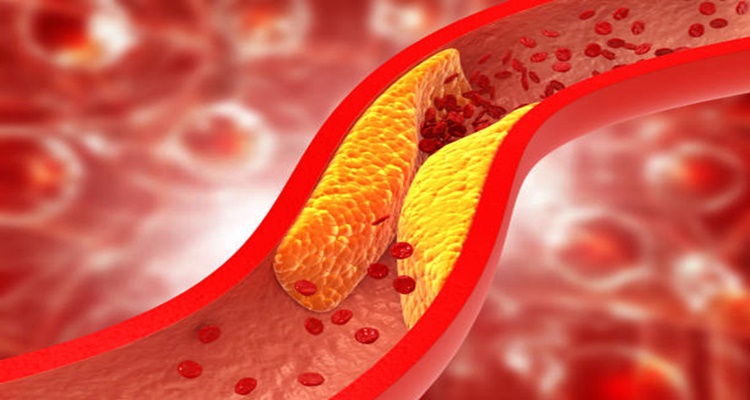The signs of coronary artery diseases or indications of a clogged artery.
CORONARY ARTERY DISEASE – What are the signs and symptoms that tell a person has a blocked or clogged artery a.k.a coronary artery disease.
The strong muscular vessel apart from capillaries and veins is called the artery. Its main function is to carry away blood with oxygen from the heart to the other tissues and organs of the body.

Compared to veins, arteries have thicker tunica media containing more smooth muscle cells and elastic tissue. Its function is clearly the opposite of the function of the veins as well.
Just like the other parts of the body, an artery may also encounter a disease. As such, the common is blocked or clogged arteries which happen when the major blood vessels get damaged. The coronary arteries are the ones responsible to supply blood, oxygen, and nutrients to your heart.
The blockage is a buildup of plaque in the inner walls which may lead to a decreased blood flow to your heart. When the blood flow is decreased, it may result in chest pain (angina), shortness of breath, or other symptoms.
Plaque is made up of various substances such as calcium, fat, cholesterol, cellular waste, and fibrin (a material in blood clotting).
Here are some of the signs and symptoms of a clogged artery:
- Chest pain
- Shortness of breath
- Heart palpitations
- Weakness or dizziness
- Nausea
- Sweating
According to the WebMD blog, the occurrence of a heart attack or stroke is the major result of a blocked artery. Initially, a person with a blockage in the artery experiences chest pain.
The symptoms of clogging are also varying. The symptoms under carotid artery disease are different from peripheral artery disease.
If you are suspected of having this kind of condition, the tests that you may take include cholesterol screening, chest x-ray, CT scan, ultrasound, echocardiogram, cardiac stress test, electrocardiogram, MRI scanning, or angiogram.
READ ALSO:
- Exercise For Immune System? Tips To Boost Your Immune System
- Health Tips For Old Women – How Old Women Should Take Care Of Their Health
What can you say about this? Let us know!

